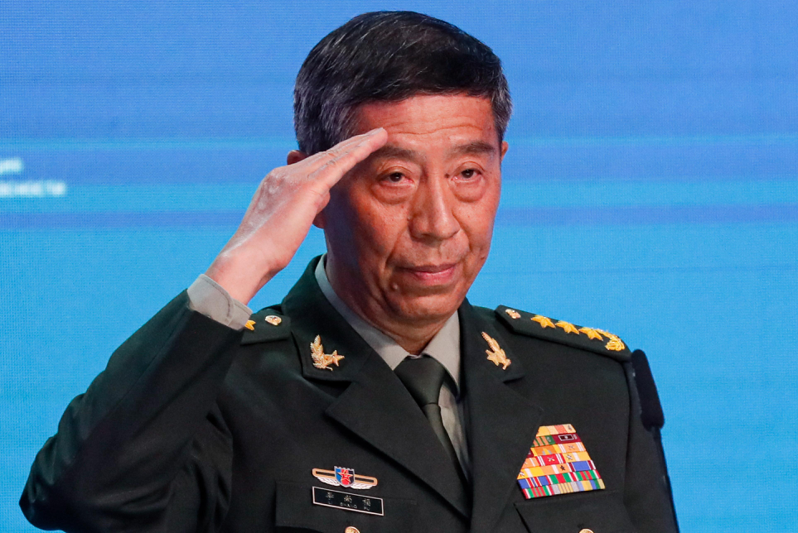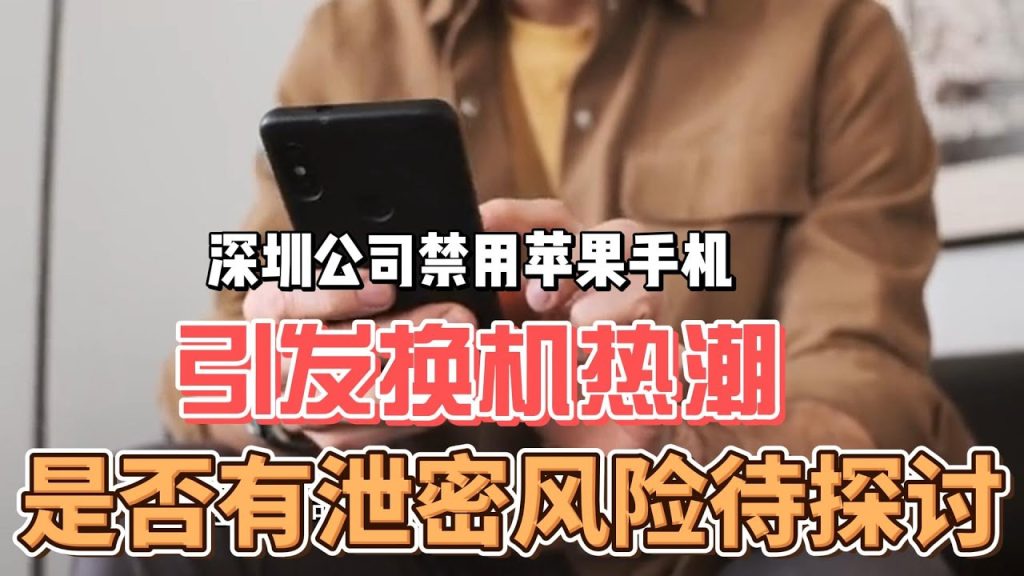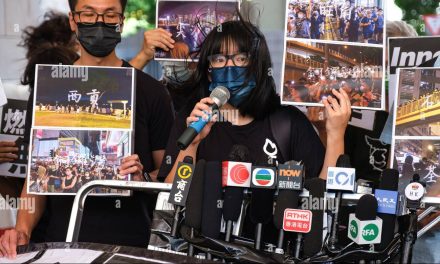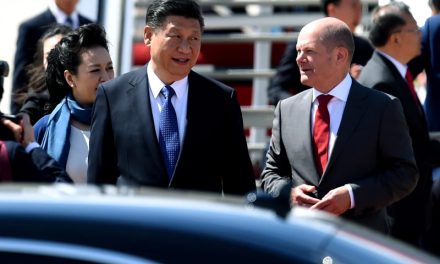“哪李贵了?”
English Translation: “What’s expensive about it?” (A play on word involving the surname of Li Jiaqi and asking what exactly it is that is costly.)

Chinese internet celebrity Li Jiaqi, known for his live streaming sales programs, faced criticism from netizens during a live broadcast while introducing Flower Kiss brand eyebrow pencils. Some questioned why Flower Kiss’s eyebrow pencils seemed to be getting more expensive. In response, Li Jiaqi angrily retorted, “The price has remained the same for many years. Don’t talk wide-eyed nonsense. It’s tough for domestic brands.” He also said, “Sometimes, you should look for reasons within yourselves. Have your wages increased over these years? Have you been working hard?” These two statements sparked outrage across the Internet, with people feeling he lacked empathy and couldn’t see the hardships ordinary people face daily. They accused him of mocking their situation. Ironically, it’s these ordinary people who have contributed to his annual income of up to 1.8 billion RMB.
This issue raised by Li is a question that many people in China are puzzled by: Why do they work so hard but see little in return? Why is everything looking good in the macro data, yet their wages haven’t increased for months, and unemployment is rising around them? Some Chinese scholars suggest that within the broader context of economic downturn, Chinese society is under tremendous pressure, akin to a high-pressure cooker. With society under such stress, people’s tolerance has decreased, leading to a “low-tolerance” society where any misstep can become a vent for social frustrations.
The disappearance of China’s Minister of National Defense

In recent developments, following the mysterious disappearance of Foreign Minister Qin Gang in August from the public eye, Li Shangfu, a key figure promoted by Xi Jinping and the Minister of National Defense, has also gone missing for nearly three weeks in a manner similar to Qin. Several other defense officials are also reported missing. Within less than half a year, both the Foreign Minister and the Minister of National Defense have gone missing. This is a rare occurrence in governments worldwide, highlighting the political instability in China. The consecutive issues with two Defense Ministers (Wei Fenghe and Li Shangfu) and several high-ranking officials in China’s Rocket Force military branch raise questions about whether Xi Jinping’s ambitions regarding Taiwan reunification through military means are facing setbacks.
The iPhone Ban

Recently, The Wall Street Journal reported that China has issued a ban for employees of central government agencies, prohibiting them from using Apple Inc.’s phones and devices while on the job. It’s reported that this ban extends to government-supported institutions and state-owned companies, and is planned to be expanded to a wide range of organizations under government control.
In the context of China’s stance towards the United States, Beijing has adopted both political confrontation and economic countermeasures. Banning the use of Apple iPhones serves multiple purposes. On one hand, it can be seen as a move to boost support for domestic brands like Huawei, especially in the face of international competition, particularly from American companies like Apple. On the other hand, since Apple is an American company this ban may fuel nationalist sentiments among the Chinese populace and facilitate resentment and animosity towards the West.
Despite the Chinese Communist Party’s internal propaganda claiming that Apple iPhones can access local networks and collect environmental data, thus justifying the ban as necessary to enhance cybersecurity and prevent sensitive information leaks, some officials have privately disclosed that the ban is actually due to the high level of security provided by Apple iPhones. They often make it difficult for monitoring agencies to access them, and Apple iPhones lack built-in spyware features like recording, video capture, and eavesdropping, making them less suitable for surveillance purposes. Therefore, Beijing has even more reason to enforce the ban.
In reality, officials often possess multiple mobile phones, and among them, there is almost certainly an Apple iPhone. Their family members also frequently use Apple iPhones.























